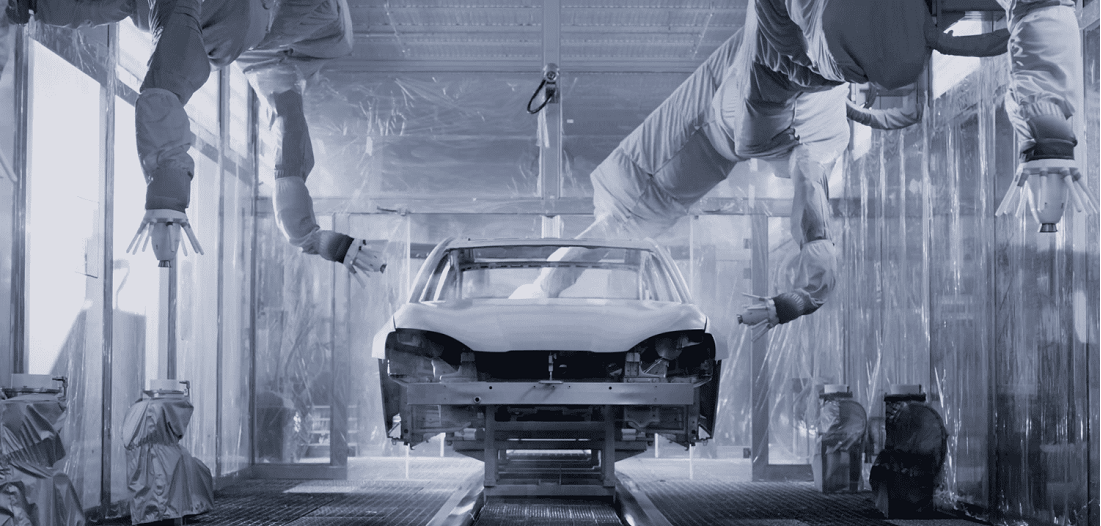
Major automakers demand action against growing Chinese brands in Brazil
Sep, 06, 2023 Posted by Gabriel MalheirosWeek 202337
Companies associated with Anfavea, the organization representing automakers in Brazil, are expressing concern over the rapid growth of Chinese brands in Brazil and are demanding a containment plan. One proposed strategy gaining traction involves making it more challenging to import vehicles, parts, and machinery.
The plan, set to be presented to the government, centers around environmental efficiency in production lines. The aim is to limit the entry of manufactured goods from countries with more lenient environmental regulations than Brazil.
Consequently, this measure would directly impact vehicles imported from China, even if they are 100% electric. According to automakers in Brazil affiliated with Anfavea, these vehicles currently benefit from tax incentives, such as exemption from the 35% Import Tax. However, they are produced in a country that demands fewer investments to align their assembly lines with environmental standards.
Márcio de Lima Leite, President of Anfavea, mentioned that the topic is under discussion but has not yet reached the analysis phase for implementation.
“I believe this process will happen organically, despite not being discussed yet. There is significant pressure for decarbonization in the production chain, and the scrutiny is increasing. The logic is: why should this scrutiny apply to local manufacturers and not to those who simply place their products in Brazil, effectively taking away jobs from the country?” said Leite.
This week, Anfavea presented updated sales and production figures to the government, emphasizing the need to determine how the new Growth Acceleration Program (PAC) will impact the industry. One of the advocated points is to use environmental criteria in bids for machinery supply contracts for projects such as construction.
This aligns with the plan being developed by automakers. The goal is to make foreign companies, whose countries follow less stringent environmental rules with considered “dirty” production chains, lose points in these bidding processes.
However, this project harkens back to what happened in October 2011 when a 30 percentage point surcharge was imposed directly on the Industrialized Products Tax (IPI) rate. At the time, South Korean brands were becoming competitive, and there were fears that Chinese brands would gain a foothold in the market, especially because JAC Motors could compete with attractive prices despite paying the 35% import tax.
The current scenario, however, is different. New Chinese automakers already have confirmed assembly lines in Brazil, aligning with the Rota 2030 program aimed at encouraging local production through tax incentives.
Yet, for competitors, there remains a competitive advantage favoring importers. Brands like GWM and BYD are bringing electrified cars to Brazil while they wait to begin local manufacturing. Because these vehicles are less polluting, they enter the market without import taxes. Similar to what happened in the early 2010s, these vehicles arrive at competitive prices.
For instance, the GWM Ora 03 and BYD Dolphin electric hatchbacks cost around R$ 150,000 in the Brazilian market. These 100% electric vehicles are competing with domestically produced flex-fuel cars.
In Anfavea’s view, this situation is also problematic for the export sector. According to the organization, vehicles and machinery made in Brazil have been losing ground to Chinese products in Latin America.
“Until 2021, Brazil was the country that exported the most to neighboring nations. Last year, China took the lead with a 21.2% presence, compared to Brazil’s 19.4%. We urgently need to increase our competitiveness for exports, or we will lose even more ground in our key markets, not only to China but also to other emerging Asian countries like India, Thailand, and Indonesia,” said Leite.
The President of Anfavea also noted the need to reinstate the 35% Import Tax for electric and hybrid models. According to the association, approximately 30,000 units of these models have already arrived from China to Brazil in 2023.
Ricardo Bastos, Director of Institutional Affairs at GWM and President of ABVE (Brazilian Electric Vehicle Association), believes that when local production of hybrid and electric vehicles begins, imports will naturally decrease.
Regarding changes to the tax system, Bastos stated that a more in-depth evaluation is needed, extending beyond the automotive sector.
When asked about GWM and BYD joining Anfavea, Márcio de Lima Leite explained that there are some obstacles.
“Anfavea has initiated discussions with GWM and BYD but believes it is not yet time for them to join. The association advocates for the 35% tariff and an import quota system.”
Regarding quotas, the organization representing automakers is cautious about creating a project resembling the one established during the Dilma Rousseff government (PT). This is why the environmental aspect, gaining more prominence in the second phase of Rota 2030, is the primary focus of these discussions.
Source: Folha de S. Paulo
To read the original news piece, check: https://www1.folha.uol.com.br/mercado/2023/09/montadoras-preparam-proposta-com-base-ambiental-para-limitar-importacoes-de-veiculos.shtml
-
Other Logistics
Jun, 15, 2022
0
Containers cannot be seized along with goods, decides São Paulo court
-
Ports and Terminals
Jun, 23, 2023
0
Maceió revokes land use permit for sulfuric acid storage in local port
-
Economy
Jan, 04, 2023
0
Ecuador reaches trade deal with China, aims to increase exports, Lasso says
-
Shipping
Mar, 16, 2021
0
CMA CGm to charge US$500 fee per dry-cargo container for Brazex service


